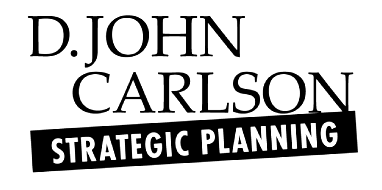Human beings like to think of themselves as rational. However, the fact is that humans are nowhere near as rational as many think and indeed, most purchase decisions are not made entirely rationally. Further, consumers’ lack of rational decision-making and behaviour makes predicting behaviour difficult and influencing behaviour more complicated. Mitigating this is the growing […]
Human beings like to think of themselves as rational. However, the fact is that humans are nowhere near as rational as many think and indeed, most purchase decisions are not made entirely rationally. Further, consumers’ lack of rational decision-making and behaviour makes predicting behaviour difficult and influencing behaviour more complicated. Mitigating this is the growing body of research that is making consumer behaviour ‘predictably irrational.’ Cost-effectively managing consumer behaviour requires an understanding of the drivers of consumer behaviour, including the irrational drivers like cognitive biases. Learn to understand the predictability of irrational behaviour. In his 2008 book, Predictably Irrational, Duke University Professor Dan Ariely discussed the observation that human beings, while irrational, are predictably so. He discusses a range of examples of irrational decision making by humans – decision making that is common in consumer purchase behaviour. Irrational thinking or – ‘automatic thinking,’ ‘bottom up’ thinking or ‘fast thinking’. In contrast, rational thinking…


 Back
Back